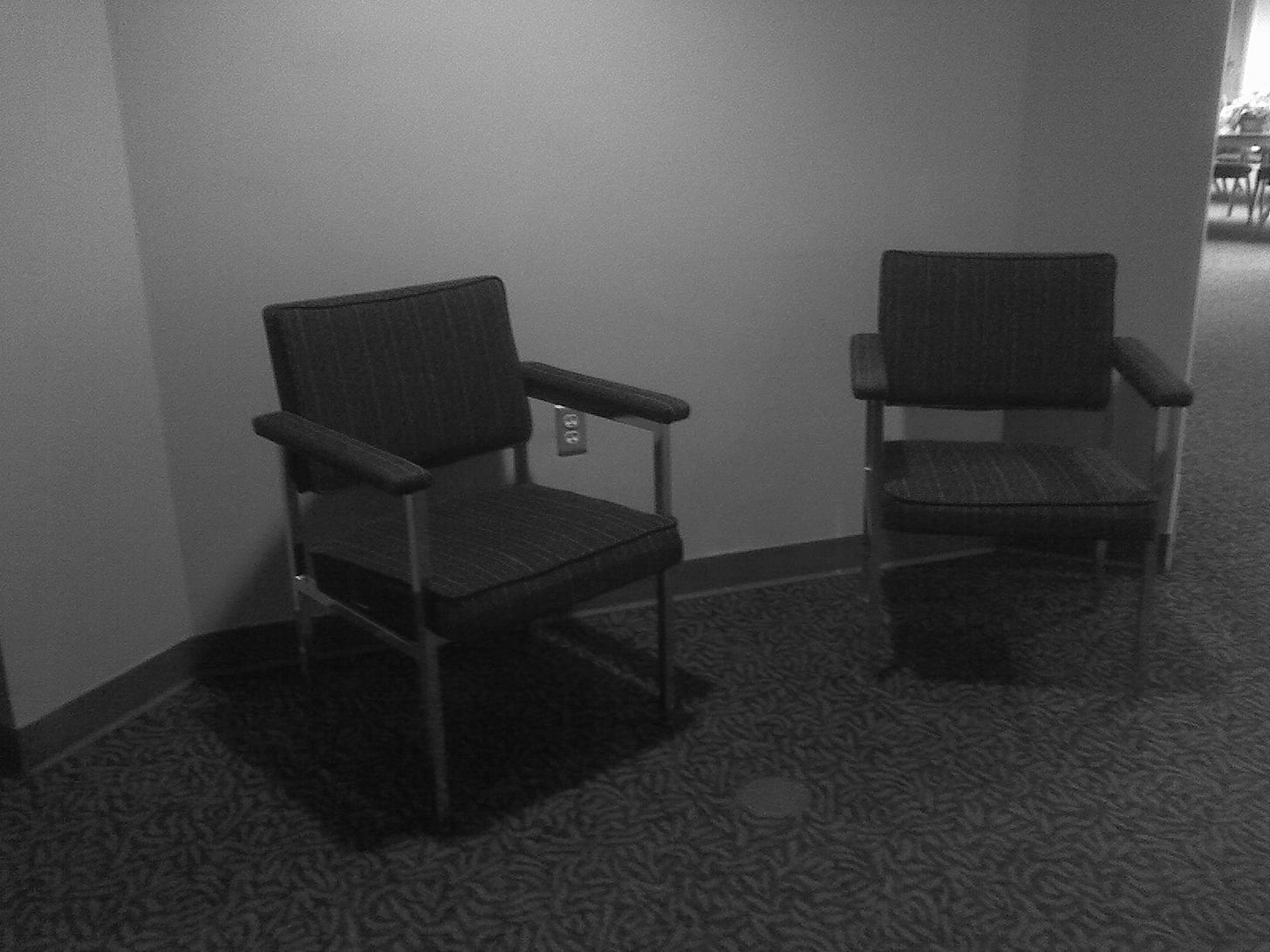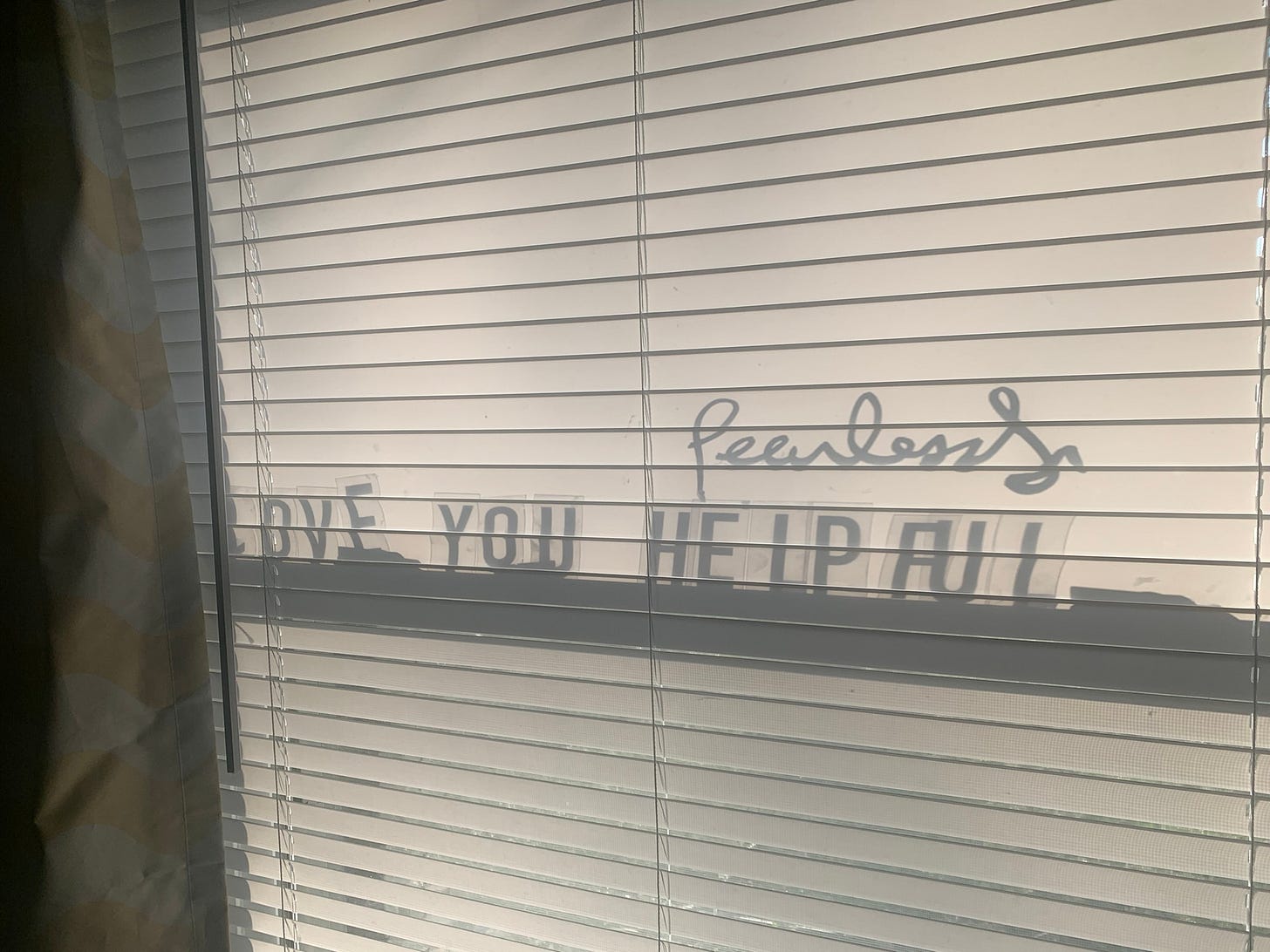We want to be helpful. (That’s why you’re here).
When someone is going through a hard time, you want to be able to offer support.
And when someone asks you, “Do you have anyone you could suggest?” you want to have a couple good, trustworthy answers you can easily point to.
And when someone asks you what to do in a situation, you want to be able to offer simple, clear next steps.
The other day, I had a friend say, “Pray for me. I’m having a hard time.”
There was reason for the hard time. And my friend was already taking steps for help. But what was needed was someone who could provide some structured mental health help.
I asked my friend about their awareness of two local resources. One was familiar, one not.
I searched on my phone, made sure I had the name right, and wrote the name on a card.
(And, because I’m writing to you, followed up to see what happened.)
But it prompted me to think more about what resources are available. And to start working on making a better list.
+++
Because we chaplains are the ones who talk with people about funeral homes, we also hear people say, “How am I going to pay for this?”
In our county, we suggest that they can talk to the township trustee’s office. And if the death is a miscarriage or stillbirth, we point them to Remembering Rowan, an organization that helps families pay funeral expenses in these situations in Indiana. (An awesome organization that Nancy and I have supported.)
As a chaplaincy, we’re not able to recommend particular funeral homes. And we don’t suggest ways that costs may be lower and still respectful. (In that moment, it doesn’t feel right.)
But it wasn’t until I started to think about this post that I looked up what Social Security might pay ($255 for the survivor of someone receiving Social Security).
Or looked up what the VA pays and what the restrictions are (as of January 2023, a $893 burial allowance and $893 for a plot).
Or looked up the guidelines for a GoFundMe for funeral expenses.
Or followed through on my tiny private dream to have a fund with a local funeral home for people who demonstrably have no resources, to offer a simple burial or cremation for a very small amount.
But this newsletter isn’t exactly about how to help pay funeral costs.
It’s actually to invite you to start making your own list of helpful resources in the community around you. So that when you or someone you know is in a difficult situation, you have names, numbers, and testimonials to offer.
Where’s the closest foodbank? What are their rules?
Where’s the closest thrift store to find silverware?
Where are places for formal and informal grief support? (Peggy Murphy Grief Center, Erin’s House for Grieving Children, Griefshare)
Is there adult daycare or respite care? (Like Turnstone, for example.)
Who do you know that helps pay for funeral expenses?
Is there a free or low-cost car repair ministry in your community? How does it work?
Is there anyone that will come and help with house projects? (Like Neighborlink)
In National Suicide Prevention month, we know to call or text 988 or text TALK to 741741, but what are the local resources? (Remedylive.com)
We’re always wanting to help. And doing this research for yourself can be a tangible way to help.
+++
What are the other resource questions we should be finding answers for?
And, perhaps, what are the gaps you are working to fill? That gap is what led to Remembering Rowan, for example. A family discovered the shock of shifting from planning for a baby to planning for a funeral.
+++
Thanks for stopping by. See you next week!
Jon
If you’d like to support this work, you can buy me a coffee. Or you can email me at jon.swanson@socialmediachaplain.com.




